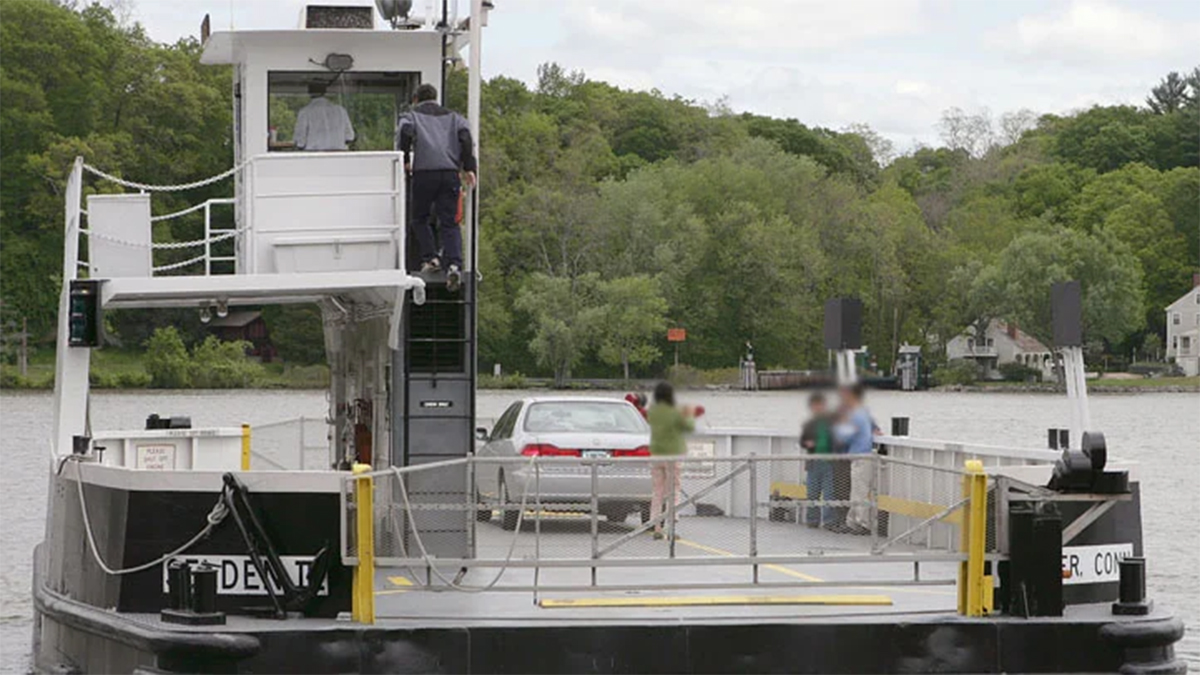A new state commission took the first step Thursday to righting the wrongs of the past by giving those impacted by the war on drugs a shot at the cannabis economy.
“I grew up in one of those disproportionately impacted areas. Drugs have ravaged my family. Affected me personally. I could have been easily swallowed up myself,” Avery Gaddis, a member of the council, said.
Gaddis is one of the members of the Social Equity Council who will make sure Black, brown and poor communities - those most impacted by the war on drugs - get a shot at the cannabis economy.
“No one's done this before so we’re sort of figuring this out as we go along,” Gaddis says.
Get Connecticut local news, weather forecasts and entertainment stories to your inbox. Sign up for NBC Connecticut newsletters.
The council will be figuring out how to make sure those impacted by the illegal drug trade will be able to start a legitimate business. State officials say the timeline is aggressive.
“We want to make sure we are moving quickly but also moving mindfully because there’s so much at stake in this work,” Andrea Comer, who chairs the council, says.
“Not all folks come from communities have folks they can go to from friends and family. Well, we’re your friends and family right here,” Gov. Ned Lamont said.
The biggest hurdle equity applicants may face will be access to capital.
“It will be approximately $40 million a year that will go into this social equity fund,” Lamont said.
“Down the road we also want to make sure that the revenue that comes through from cannabis is available for investment in those communities, those very same communities so that if you want to be an entrepreneur the path is not just cannabis for you," Comer said.
On Thursday the council took its first steps and approved 215 census tracks or 23% of the state that qualify as disproportionately impacted communities. The action was a few days late. The deadline had been Aug. 1.
“We have so much more work to do in terms of ensuring we are moving quickly,” Comer said.
The council also talked about the nearly $600,000 they have to hire an executive director and six staff members.
“I want to get this right. A lot of people around the country are looking at us. Make sure this money is invested in an appropriate way,” Lamont said.
“I’d like to think in two or three years, 49 other states are going to say: ‘I want to it the Connecticut way.'"



